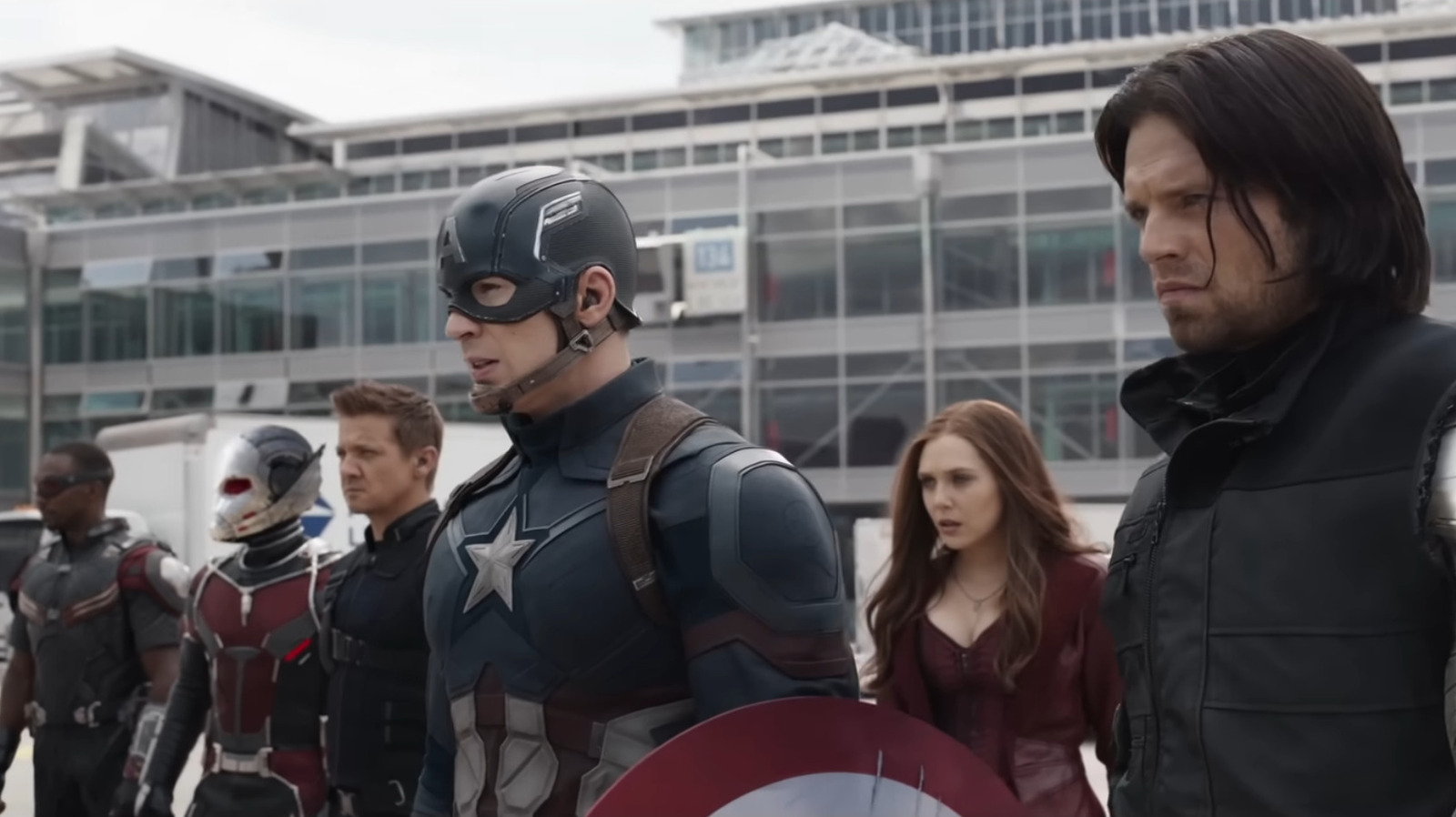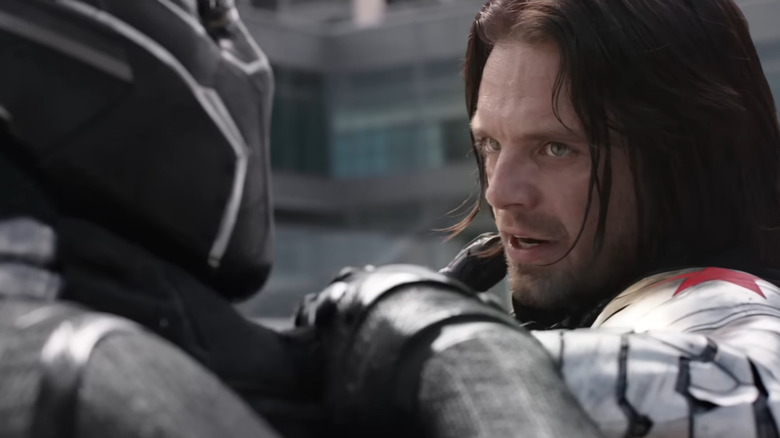a typical episode of “Lost” would spotlight one cast member while the larger plot continued to progress around them? By the time we got to the mid-2010s, that’s how most non-“Avengers” MCU movies felt.
Advertisement
The “Captain America” movies are perhaps the biggest example of this. “The First Avenger” ended with Steve Rogers (Chris Evans) waking up 70 years after World War II; a typical second movie in the series would’ve followed up on the cliffhanger, making Steve’s struggles to adapt to the modern world a major focus. But because “Captain America: The Winter Soldier” happens after “The Avengers,” Steve has already gone through that struggle in a different movie. Instead, “The Winter Soldier” finds him thriving in the 2010s and friends with Natasha Romanoff (Scarlett Johansson), and the audience is expected to know that going in.
This trend only grows more extreme with “Captain America: Civil War,” which is barely a “Captain America” movie so much as an unofficial “Avengers” story. If you’re only watching the “Captain America” movies on their own, this would hardly be a satisfying conclusion to the Steve Rogers trilogy. Things would get even more confusing if you immediately followed the film up with “Captain America: Brave New World,” which would reveal that Steve retired and gave up the Captain America mantle between movies.
Advertisement
Indeed, despite having the same superhero moniker in their titles, all four “Captain America” movies feel strangely disconnected. Not only do they heavily feature characters who were introduced outside the “Captain America” films themselves, but there are very few actors who’ve stuck around throughout the whole journey. In fact, there’s only one character who appears in all four films, and his continued presence is especially surprising, considering what happened to him all the way back in “The First Avenger.”


